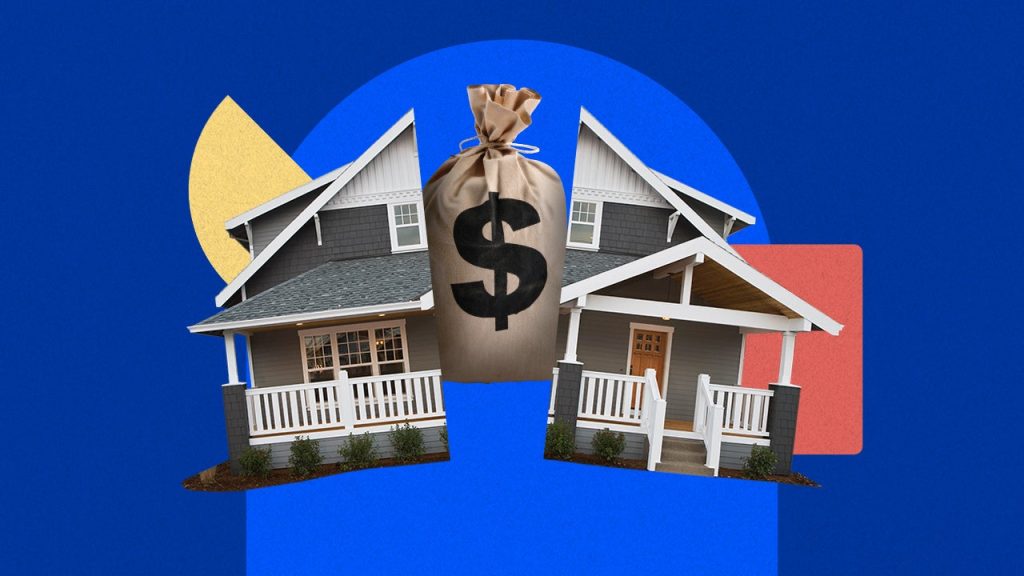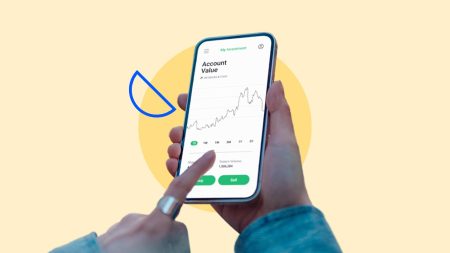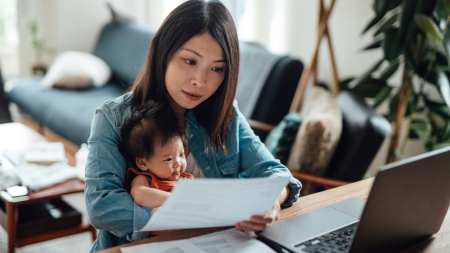Key takeaways
- The cost of buying a home has increased substantially due to skyrocketing prices and high mortgage rates.
- Even so, buying a home can still be a good investment due to factors like appreciation and equity building.
- While home appreciation is not guaranteed, investing in real estate is typically less volatile than investing in the stock market.
There are many ways to make your money grow and increase your wealth over time. You can invest in the stock market. You could put your money into bonds or high-yield savings accounts. Or you can put the money to work for you via real estate by purchasing a home, either to live in or to rent out.
But is buying a house a good investment? That depends on many different factors, including your short- and long-term goals. The dynamics of the current real estate market should also be part of your considerations: With housing prices and mortgage interest rates both quite high, the costs associated with becoming a homeowner are especially steep these days. It’s smart to think carefully about the pros and cons and set realistic expectations for your potential return on a real estate investment. Here’s a deeper look.
Is buying a house still a good investment?
Owning your own home is often seen as a key milestone on the pathway to success. The vast majority of Americans continue to view it as critical, according to Bankrate’s most recent Home Affordability Report — when U.S. adults were asked “Which, if any, of the following do you consider to be part of the American Dream?” a substantial 78 percent chose “owning a home.”
Note: Respondents could select more than one response.
Source: Bankrate survey, March 6-8, 2024
But that dream is increasingly unaffordable for many Americans, as the combined forces of low inventory, high prices and high mortgage rates create a triple whammy for prospective buyers.
Still, if you’re able to navigate these challenges and enter the ranks of homeowners, it’s an investment that is still likely to pay off over the long-term. “Buying a home remains a wise move for most people,” says Bankrate analyst Jeff Ostrowski. “There’s no end in sight to the housing shortage, and the lack of supply is likely to keep home values elevated in the coming years.”
The lack of supply is likely to keep home values elevated in the coming years.
— Jeff Ostrowski, Principal Writer, Bankrate
Why a house is a good investment
It’s easy to think of real estate as an investment if you are a pro investor, a landlord seeking to rent out the property or a house flipper hoping to upgrade and resell quickly. But what about buyers who plan to actually live there? Should they think of a home purchase in this context as an investment — and is it a worthy one? Here are some reasons why homeownership is a good investment.
Appreciation
Appreciation is the increase of your home’s value over time, and home values have increased dramatically in recent years. According to data from the U.S. Census Bureau, the average sale price for U.S. homes in the first quarter of 2024 was $513,100 — 10 years previous, in Q1 2014, that figure was just $331,400.
“Homeownership helps build wealth in part through appreciation,” says Ostrowski. “Home prices are unlikely to fall, simply because there are more people looking to buy homes than there are houses for sale.”
Homeownership helps build wealth in part through appreciation.
— Jeff Ostrowski, Principal Writer, Bankrate
“It’s hard to argue against the long-term financial value of homeownership,” says Martin Orefice, CEO of Rent To Own Labs. “Real estate usually appreciates over time in the long run. While there are economic boom and bust cycles that can make real estate a losing investment in the short run, over 10 years or longer, buyers will usually come out ahead.”
Equity
Purchasing a home can be regarded as a better use of your money than renting, investment-wise, because with the latter you don’t build any home equity. Your monthly rent payment goes directly to the landlord, with no ownership stake being built over time.
“Owning a home can be a great way to build equity, which can be used to finance other investments,” says Zach Larsen, co-founder of Pineapple Money.
Rental income
In addition, property ownership allows you to potentially become a landlord and earn rental income. If your local laws allow it, you can rent out a portion of your home even while you live there, which can help pay for your mortgage and other ownership costs.
“For example, buy a home with a ‘mother-in-law’ apartment in the basement or above the garage, then rent out that space and offset your mortgage payment,” says Phil Greely, a broker with Realogics Sotheby’s International Realty in Seattle. “Or, purchase a duplex, rent out one side, and live in the other.”
A home
You have to live somewhere, right? You can’t live in a stock fund or savings account, but a house can be occupied as your primary residence.
“Say your home appreciates 5 percent a year,” says Bruce Ailion, a Realtor, real estate attorney and investor in the Atlanta area. “Your alternative may be, for instance, a bond that also pays a 5 percent return — however, you can’t live in a bond.”
Why a house may not be a good investment
On the other hand, real estate purchases aren’t guaranteed to always be a good investment. Here are some of the downsides to buying a home.
- Acquisition costs are high: Housing prices have skyrocketed, and mortgage interest rates also remain steep, which lowers your buying power and makes a home purchase today more expensive than it used to be.
- Appreciation is not a sure thing: “The value of homes in a given area depends much on the overall economy of that area,” says Orefice. “Look at Detroit, for example, to see the effects of urban decay on real estate values.”
- Homeownership costs can increase: If you have a fixed-rate mortgage, your monthly principal and interest payments will remain unchanged over the life of your loan. But other associated homeownership costs — including property taxes, maintenance expenses and insurance premiums — are likely to increase over time.
- Renting offers more flexibility: As a renter, you can easily pick up and relocate anywhere you choose from one lease to the next; it’s not as simple a process to sell a home. Also, homeowners tend to have a lot of their money tied up in the home. This means you have less liquidity, and less available cash to spend on other needs or emergencies.
Should you buy a house now or wait?
Yes, home prices and mortgage rates are both high right now. But regardless of the current market climate, whether it’s smarter to buy now or wait things out depends heavily on your financial circumstances.
If you have good credit, steady employment and enough savings for a down payment and closing costs, it may be worth buying now rather than trying to wait out the market.
“Purchasing now is a good option if you want to keep pace with the rate of inflation and the rising cost of living,” says Michelle Mumoli, a Compass broker in Hoboken and Jersey City, New Jersey. “You can always choose to refinance to a lower interest rate in the future if rates come down.”
However, if you’re not very financially stable at this point in your life — if you could benefit from some time to build up more savings or improve your credit score, for example — waiting could be your best bet.
FAQs
-
Buying a home continues to be a good investment in many cases. When gauging whether a house is a good investment it’s important to consider your ability to make a profit over time, assessing such factors as purchase costs, the ongoing costs associated with ownership and the potential for the home to increase in value over time. If you plan to rent the home out rather than live in it, it’s also important to determine how much rent you’re likely to be able to generate from the home.
-
The decision to put your money into real estate versus other types of investments will depend on your financial health, risk tolerance and short- and long-term goals. Real estate does tend to increase in value over time, but appreciation is not a guarantee. You may get a better return on your money by investing in bonds or the stock market, although the value of these investments can fluctuate more dramatically.
-
In general, the spring and summer months tend to be the most active homebuying times of year. However, if you are seeking the best deal, consider house-hunting in the winter months, when fewer buyers tend to be active. That can give you more negotiating power with sellers, who may be more motivated to lower their price than they would be during the peak season.
Read the full article here
















